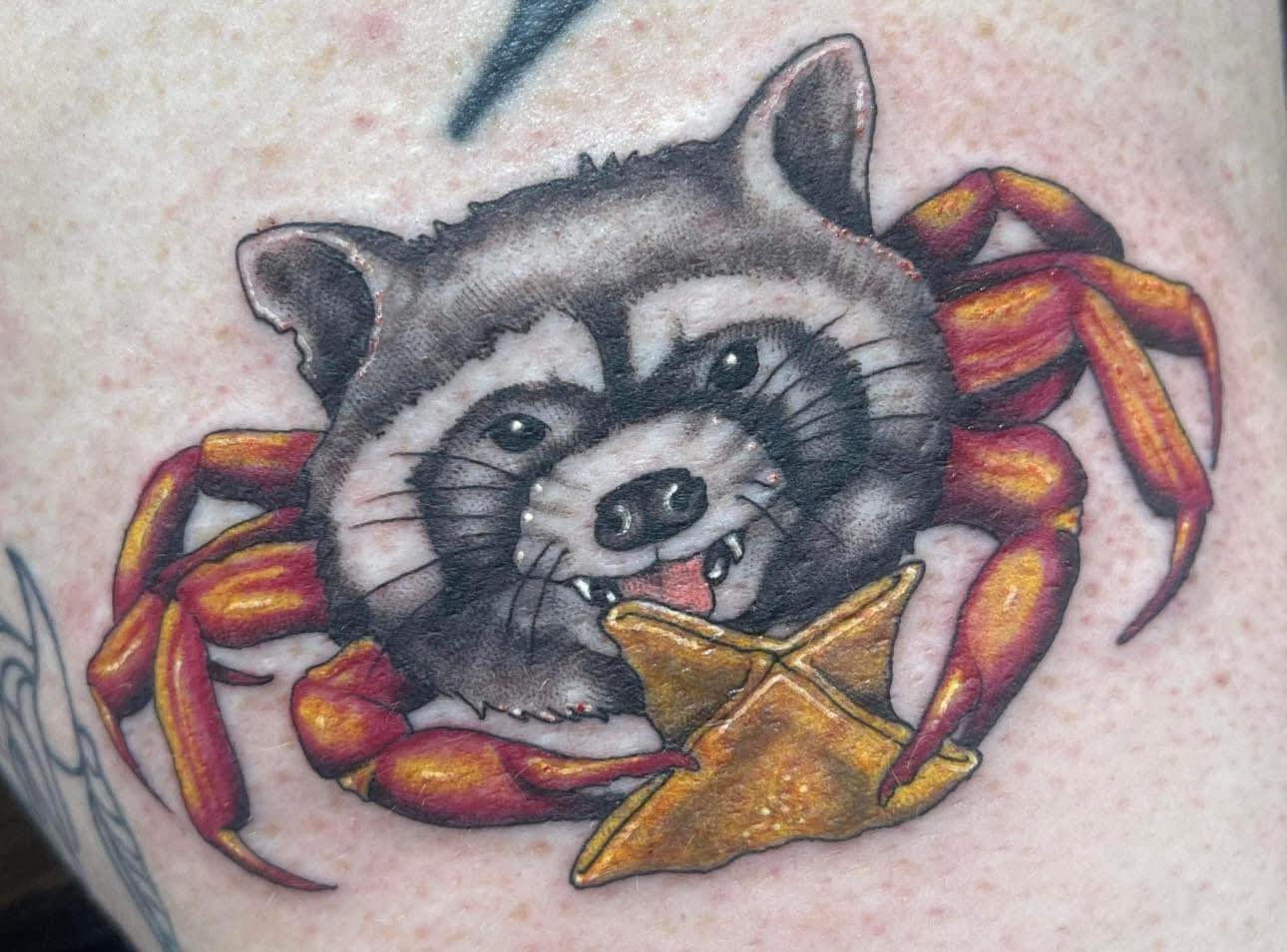Proto-emoji
At the Swarthmore Farmers Market this past Saturday morning, I came upon a new stall selling onigiri, which are Japanese rice balls, a popular and versatile snack or meal component. They consist of steamed rice formed into various shapes, often triangles, and typically filled with savory ingredients like pickled plums (umeboshi), salmon, or tuna with mayonnaise. They are often enclosed in nori (seaweed).
These onigiri were wrapped in cellophane and had a label stuck on the side. As soon as I saw the design on the label, which looked like a human face, I found that I could "read" it:

Read the rest of this entry »
